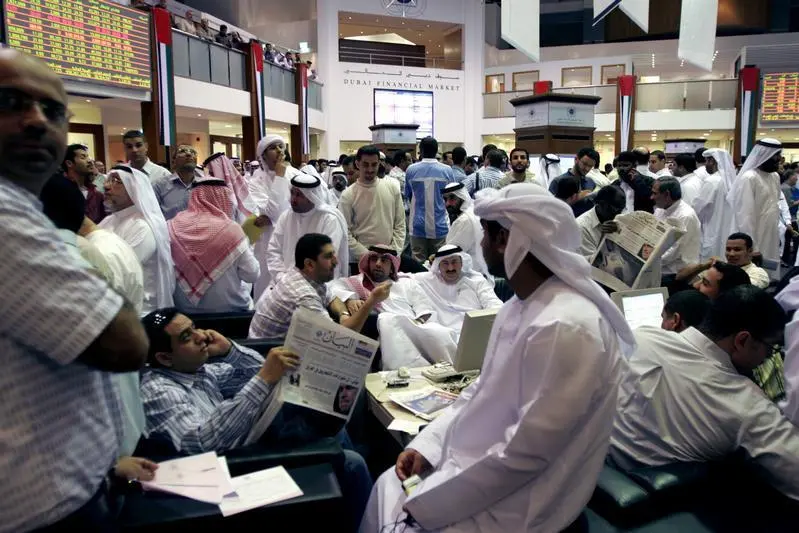PHOTO
Companies in the United Arab Emirates (UAE) are reducing their long-term staff count and replacing them with short-term consultants in a bid to reduce costs and adjust to a tighter business environment, according to a report released by a Dubai-based recruitment agency.
"Consultants and consultancy firms are being used more across the board. The big four [PricewaterhouseCoopers (PwC), Deloitte, Ernst & Young (EY) and KPMG] and management consultancy firms are definitely busier," Trefor Murphy, managing director for the Middle East and North Africa at recruitment firm Morgan McKinley said in a press statement.
"There are situations where firms are letting people go and at the same time kicking off consultancy projects as skills requirements change."
The UAE Employment Monitor for Q1 2016, based on Morgan McKinley's internal data, reported that reduced hiring levels by banks and financial service firms, coupled with an influx of redundancies in the oil and gas sector has resulted in an increased number of jobseekers competing for a shrinking pool of new vacancies.
The monitor reported a decrease in recruitment activity, with the number of job vacancies on the firm's books in the UAE falling to 7,212 in Q1, a 9 percent decrease compared to the 7,899 on offer in Q4 2015. The decline was even steeper on a year-on-year basis, down 12 percent compared to the first quarter in 2015.
"In particular, our banking and financial services clients have decreased hiring levels as the knock-on effect of the protracted weakness in commodity prices and the oil and gas industry is still feeling the pain," the report said.
Job cuts increase
Redundancies, mainly in the oil and gas sector, saw the number of UAE professionals seeking new jobs increase to around 50,000 in Q1, up 31 percent compared to Q4 2015. This was up 22 percent compared to Q1 2015.
The downbeat jobs market came at a time when the International Monetary Fund (IMF) reduced its growth forecast for the UAE, on the back of concerns over the low oil price and a tougher fiscal environment in the region.
The fund in January forecast growth in the UAE for 2016 would be 2.6 percent, down from 3.1 percent growth it predicted in October 2015 and the slowest growth rate the country has experienced since 2010, according to a report by The National newspaper.
However, an industry survey commissioned by Emirates NBD, Dubai's largest bank, found Dubai's non-oil private sector business activity recorded its fastest growth for four months in March, on the back of new project launches and a growing sense of confidence for 2016. The monthly Dubai Economy Tracker Index recorded a figure of 52.5 in March, up from 48.9 in February and the fastest improvement in business conditions since November 2015.
With Ramadan due to start in the first week of June, the second quarter of this year is not expected to offer any positive job news, the Morgan McKinley report said. However, companies continue to need staff to cover their workload in the short-term, meaning good news for consultants going forward, the report concluded.
(Writing by Shane McGinley)
© Zawya 2016





















